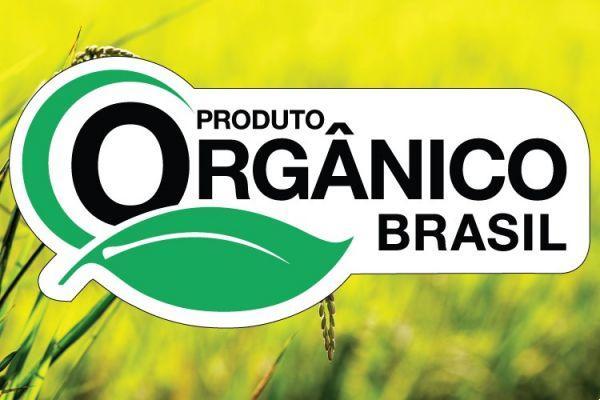
The law on food labels
The law governing organic and conventional food labels is not unique, it is a very complex set of laws. The Legislative Decree 109/92 however, it can be taken as a reference text and basic legislation on the labeling of food products that we find on the market. Alongside this text there are specific laws concerning certain categories of foods such as chocolate, fruit juices, food supplements, jams.
If we leave these specific cases aside for a moment, in the Decree taken into consideration,Art. 2, Paragraph 1, let's read:
"Labeling, presentation and advertising of food products they must not mislead the buyer on the characteristics of the product and precisely on the nature, identity, quality, composition, quantity, durability, place of origin or provenance, method of obtaining or manufacturing the product itself. "
Al Comma 2, we also read that these same advertising strategies "they must not be such as to induce to attribute to the product properties suitable for preventing, curing or curing human diseases nor mention such properties that it does not possess; moreover, they must not show particular characteristics when all similar food products have the same characteristics. "
The legislator therefore tends to look with suspicion at an ostentation of alleged food properties and to protect the citizen, putting him in guard against foods passed off as miraculous.
You can learn more about the importance of organic farming legislation
The information on a food label
Some information must necessarily and by law be shown on the label of an organic or conventional food. These are:
- Product name
- List of ingredients
- Quantity (net weight / drained weight)
- Food expiry dates
- Manufacturer, distributor
- Production lot
- Methods of conservation and use
- Presence of allergenic substances
The ingredients must be reported in descending order of weight and the ingredients must also include additives, chemicals that generally have little or no nutritional value and that are added to the product for their technological function. We are talking about dyes, preservatives, antioxidants, emulsifiers, thickeners.
For organic foods, the European regulation on organic farming provides for the use of a limited number of additives compared to those used in conventional food. The additives must be indicated with reference to the category they belong to and theirs name or corresponding EEC number. An example? The name scorbic acid it can also be reported as E300.
Read also I read the label >>
| Derek Thomas


























